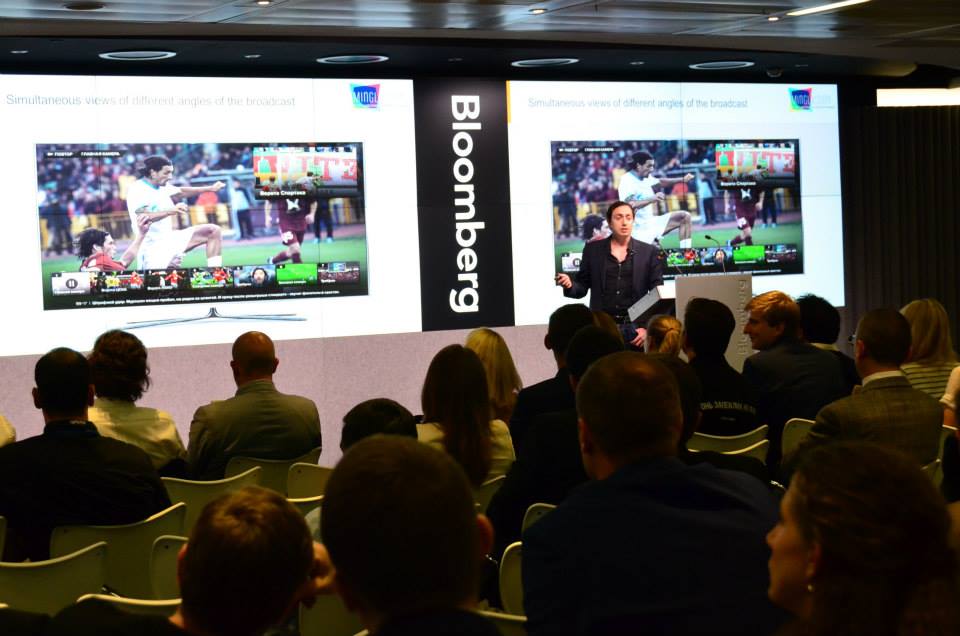On January 15, 2015, the EU parliament voted a Ukraine support resolution. In the resolution, EU member countries were given the green light to lend-lease military equipment to Ukraine. For Ukraine, this means it no longer has to purchase costly equipment but can simply borrow it for the duration of the war. So far, unfortunately and to the best of my knowledge, no serious lend-lease deals have taken place.
Let’s start by looking at what lend-lease deals have done in the past. A similar US act helped the USSR survive the first German assault during WWII: Two out of every three trucks the Red Army used during WWII came from the US (66.7%). One out of every five planes, or 18,700+
aircraft came from the US (20%). The USSR only produced 92 locomotives during WWII but these were supplemented with 2,000 US locomotives (220%) and 11,000
railcars.
If Ukraine borrows from the EU’s vast military stocks, it can become a lot more mobile and better equipped very quickly. Its wounded will get transported in better ambulances and be treated in mobile operating units closer to the front, increasing survival rates. Ukraine’s army is technologically inferior to Russia’s, but even if only non-lethal aid is given on a serious scale, it will cause a dramatic change in the Ukrainian forces’ logistics, communications and surveillance capabilities, allowing Ukraine’s arms budget to be spent solely on lethal weapons.
So, we are looking at an exponential improvement in Ukraine’s position in this war. To be perfectly clear, however, while the EU’s Ukraine support act allows defensive arms to be supplied as well, realistically, we can assume that most EU members will lack the courage to deliver this.
The more important question is how can Ukraine get this going. Clearly, behind-the-scenes diplomacy has failed to deliver the desired results. Then perhaps a completely opposite approach makes sense. Publicly, nearly all European leaders have declared their support for Ukraine.
What if Ukraine sends a large high-profile delegation on a tour of European capitals, starting with Brussels? This delegation should include high foreign ministry and military officials, together with prominent civic activists and cultural figures. This would guarantee that the delegation generated a lot of media attention. It would then be up to the EU governments that profess support for Ukraine to openly deny aid to this Ukrainian delegation. If the delegation includes, not just individuals with a diplomatic or military background, but also high-profile activists like Crimean Tatar leader Mustafa Dzhemilev, doctor Olha Bohomolets, journalist Mustafa Nayem, singer Ruslana and others, it will draw a lot more media attention, effectively exerting a lot more pressure. Ideally, the European tour would start at the EU parliament and visit at least 10 EU capitals before returning to Brussels.
If the tour is properly planned, it will also be welcomed by the Ukrainian community and pro-Ukrainian politicians in each of the countries it visits. This will generate even more media attention.
What are the risks of such a high-profile tour in support of aid to the Ukrainian army? If it yields no results, clearly this would be most embarrassing for the EU and its national leaders. A strong deterrent to further Russian aggression can only be provided by a strong Ukrainian army.
To have a strong army, Ukraine needs to be equipped before further Russian aggression takes place. Can Ukraine afford to not at least try this and risk being ill-prepared when the next wave of Russian aggression hits?




